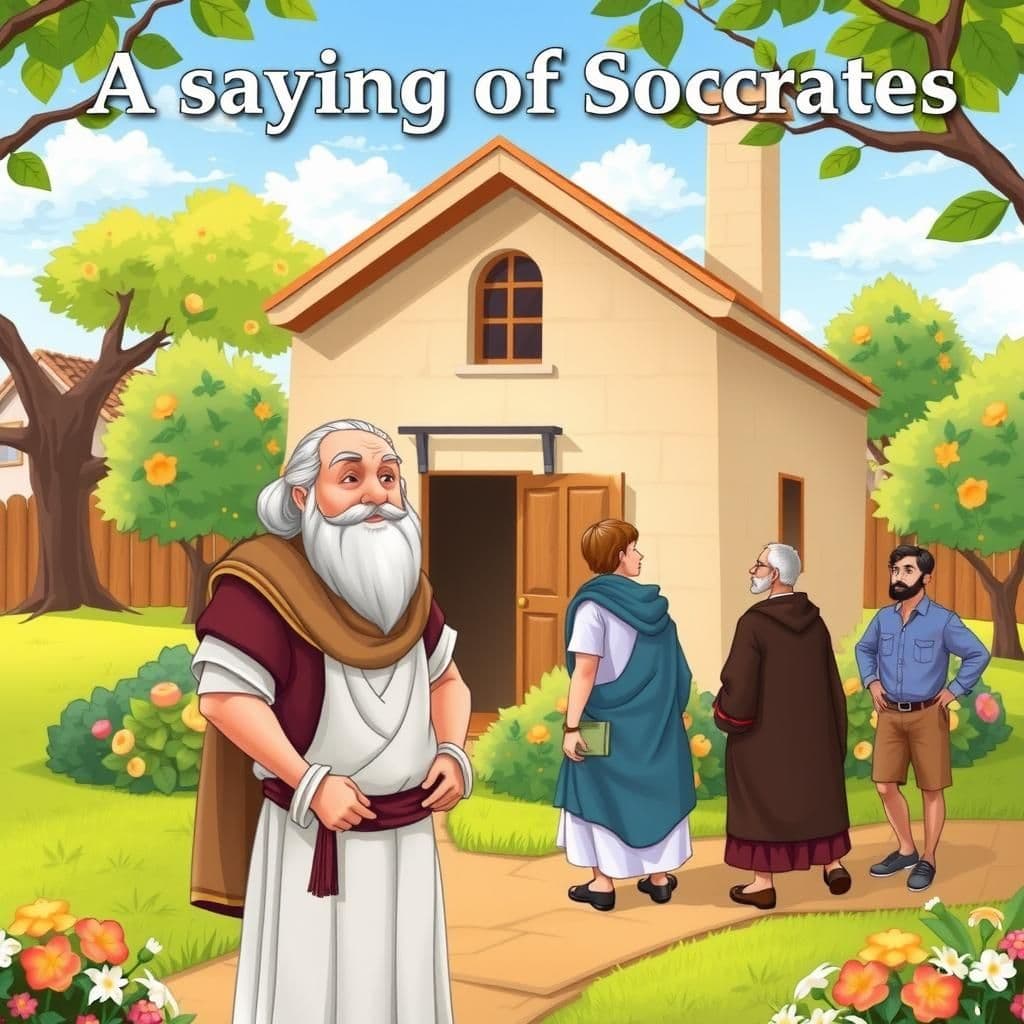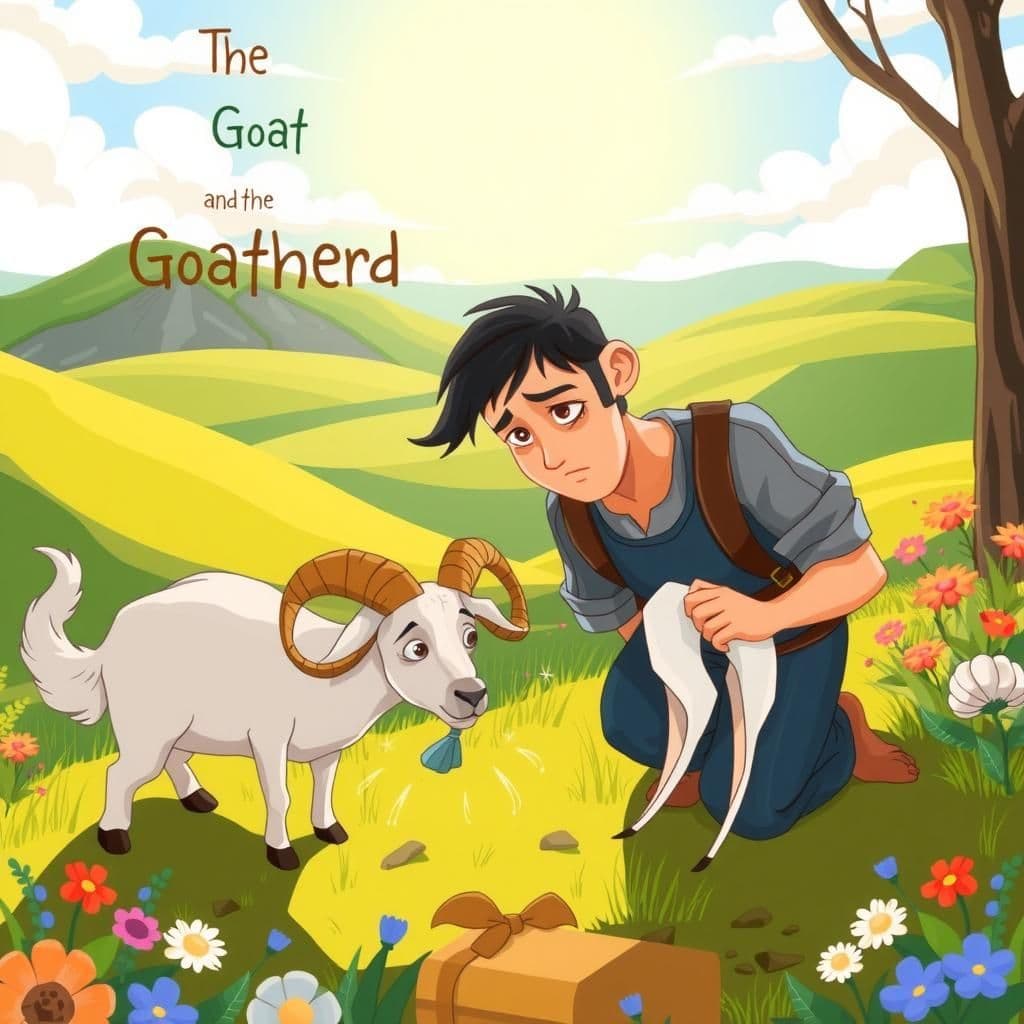A Saying Of Socrates
In this wisdom-packed moral story, Socrates faces criticism for the size and design of his new house, as many claim it is unworthy of him. However, he wisely reflects that the house is actually too large for his few true friends, highlighting the rarity of genuine friendship amidst the many who profess to be friends. This classic moral story serves as a timeless lesson for students about the true nature of companionship, making it ideal for moral stories for class 7.

Reveal Moral
"True friendship is rare and cannot be measured by the quantity of acquaintances one has."
You May Also Like

Alarm and Pride
In "Alarm and Pride," two personified virtues lament their exhaustion from being unfairly associated with the misdeeds of politicians, who exploit their names to deflect blame. As they reflect on their plight, reminiscent of life-changing stories with moral lessons, they are called back to duty for a political event featuring a dubious nominee, highlighting the importance of integrity in a world filled with moral ambiguity. This inspirational short story serves as a modern fable, reminding readers of the consequences of allowing one's name to be misused in the pursuit of power.

The Goat and the Goatherd
In "The Goat and the Goatherd," a goatherd's attempt to retrieve a stray goat culminates in the accidental breaking of its horn, leading him to plead for silence. However, the goat wisely reminds him that the broken horn will reveal the truth, illustrating a culturally significant moral about the futility of concealing what cannot be hidden. This entertaining moral story serves as a thought-provoking reminder that some truths are inescapable.

The Charcoal Burner and the Fuller
In the quick moral story "The Charcoal Burner and the Fuller," a charcoal-burner invites his friend, a fuller, to live with him to save on expenses. However, the fuller declines, explaining that their trades are incompatible, as the charcoal-burner's work would negate his efforts to whiten fabric. This culturally significant tale emphasizes that individuals with opposing natures or interests may struggle to coexist harmoniously, making it a valuable lesson in small moral stories for kids.